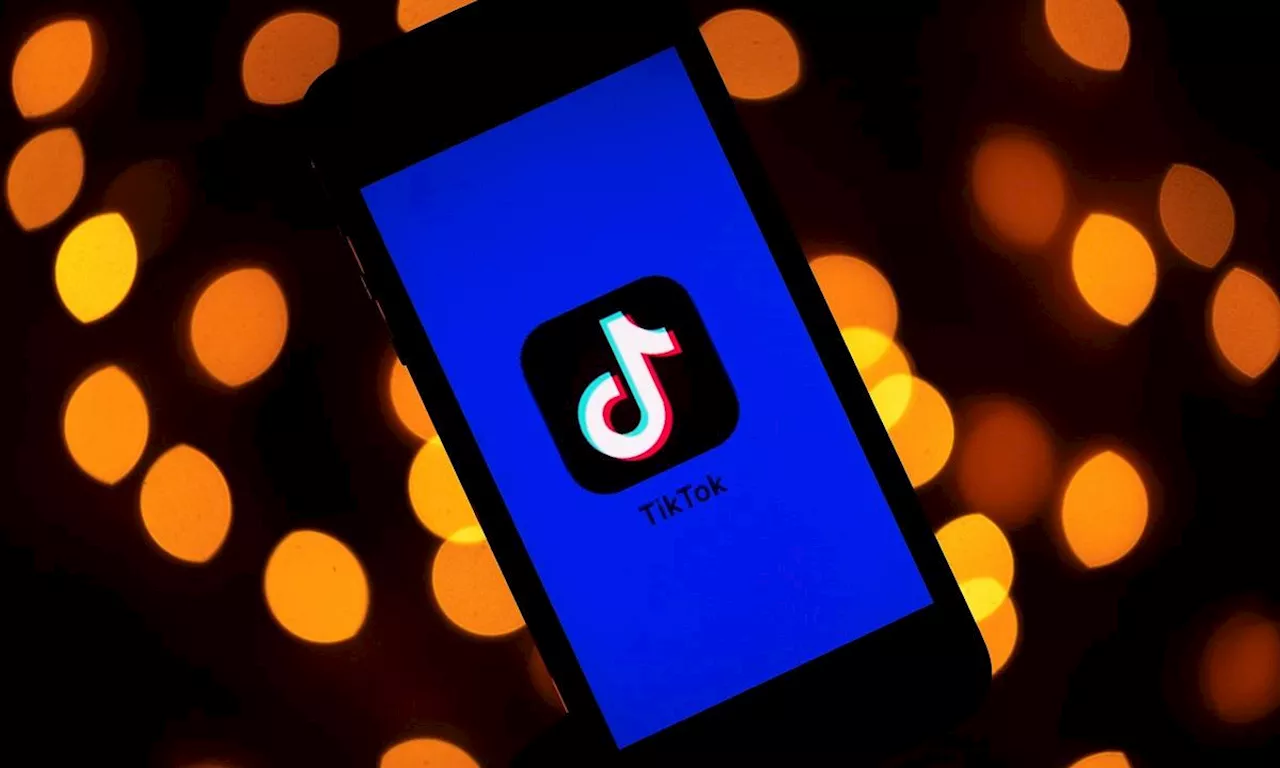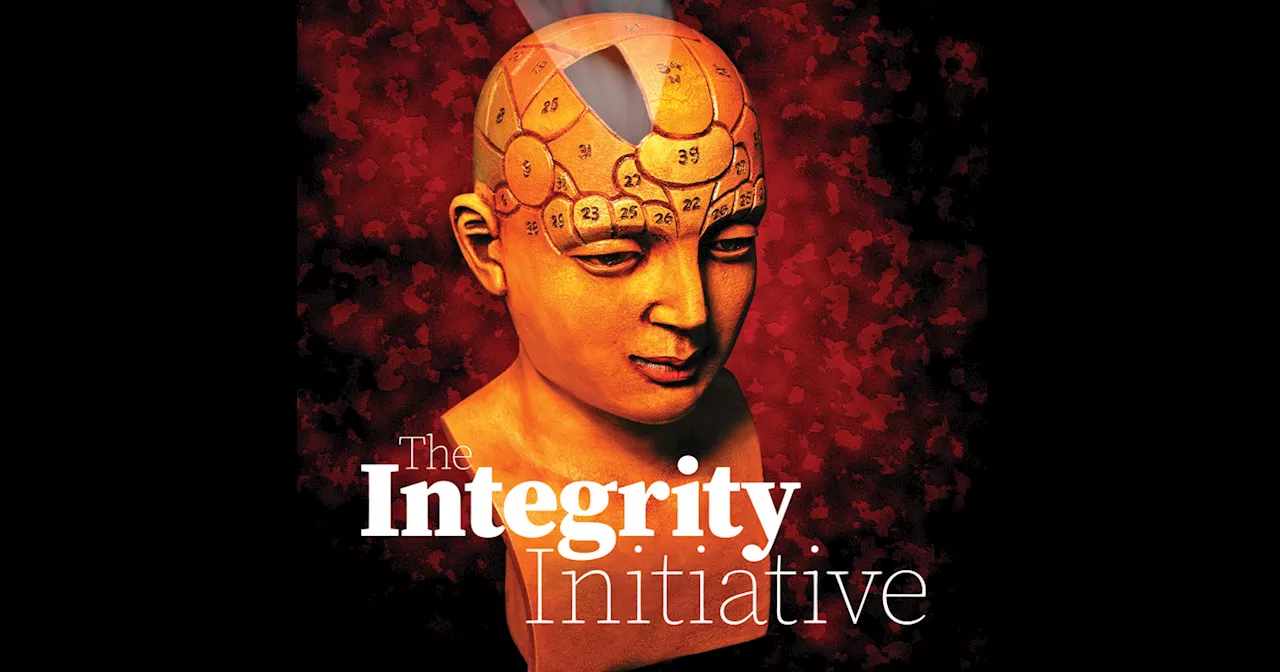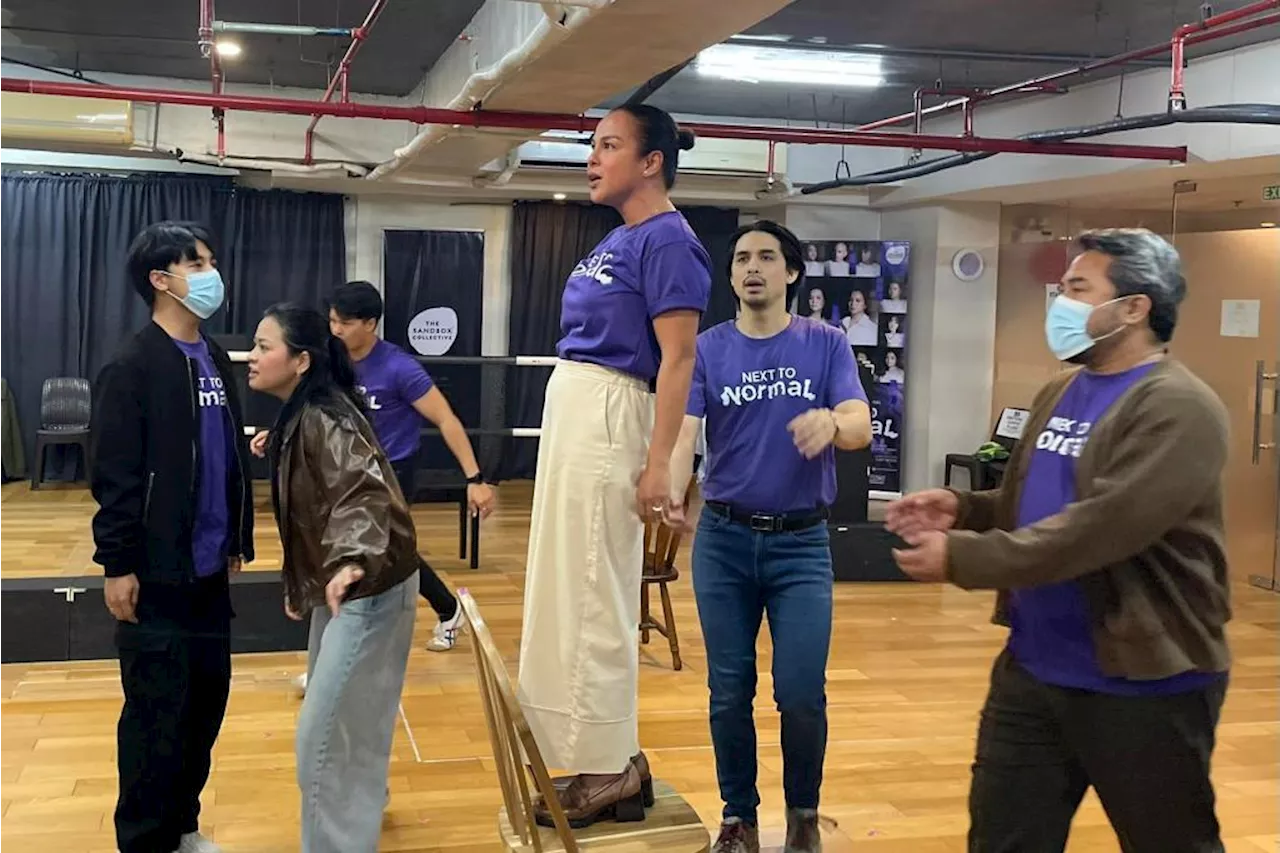This article explores the challenges organizations face in balancing privacy practices with emerging technologies and the rapidly evolving regulatory landscape in the Asia-Pacific region.
Amid rapid cloud adoption, hybrid work models, and emerging technologies like AI and IoT, organizations face the challenge of harmonizing privacy practices while ensuring resilience against evolving threats. This is particularly complex in the Asia-Pacific ( APAC ) region, where data privacy awareness has surged due to rapid digital transformation and growing consumer demand for transparency.
Key regulatory frameworks like India's upcoming Digital Personal Data Protection Bill, Singapore's revised Personal Data Protection Act, and China's Personal Information Protection Law are reshaping how APAC nations govern personal data. Alongside these, the APEC Privacy Framework and Cross-Border Privacy Rules (CBPR) systems are gaining traction, providing regional guidance on data governance and fostering consistency across borders.However, this evolving regulatory landscape presents multinational organizations with significant challenges. They must navigate different definitions of sensitive data, varying breach notification timelines, and specific cross-border data transfer restrictions – all within the context of increasing cloud adoption and hybrid work models. The rise of emerging technologies further complicates the safeguarding of personal information. Artificial intelligence, while driving efficiency and innovation, also magnifies concerns about responsible data usage, algorithmic bias, and transparency in decision-making. The Internet of Things (IoT), from smart city infrastructure to consumer devices, creates new vulnerabilities, expanding the entry points for data breaches. Blockchain's decentralized and immutable nature conflicts with the 'right to be forgotten' under GDPR, which allows individuals to request the deletion of their personal data. While GDPR requires organizations to obtain explicit consent and grants individuals rights like data access, rectification, and erasure, blockchain's design ensures that data cannot be easily altered or erased, creating friction between privacy rights and technology.In this complex landscape, privacy-by-design has evolved from a best practice to a fundamental necessity for earning trust and ensuring compliance. Strong leadership is crucial in fostering a privacy-centric culture. Executives who advocate for privacy at the board level signal to regulators, customers, and partners that data protection is a priority. By investing in cross-functional data governance teams, embedding privacy impact assessments early in the project lifecycle, and providing ongoing employee training, leaders can protect their organization's reputation while aligning with regional laws. In this way, a privacy-first approach becomes both a safeguard against fines and data breaches, and a competitive differentiator that enhances credibility. Looking ahead, enforcement in APAC is poised to intensify, with higher penalties and evolving guidelines – particularly around AI and cross-border data flows. Privacy-enhancing technologies, post-quantum encryption, and zero-trust security models will be integral to an organization's data protection strategy. To stay ahead, businesses must map data flows comprehensively, harmonize compliance across jurisdictions, and maintain proactive communication with regulators. In an age where personal data is an invaluable asset, robust privacy practices will not only meet legal requirements but also strengthen the trust that underpins enduring relationships with customers and partners
Business Privacy APAC Data Privacy Cybersecurity AI Iot GDPR Blockchain Regulations Compliance
Philippines Latest News, Philippines Headlines
Similar News:You can also read news stories similar to this one that we have collected from other news sources.
 Data privacy in Philippine electionsAS the Philippines approaches its next major elections, digital platforms like Facebook, TikTok, and Instagram are at the forefront of political campaigns, enabling hyper-personalized targeting that reshapes voter engagement.
Data privacy in Philippine electionsAS the Philippines approaches its next major elections, digital platforms like Facebook, TikTok, and Instagram are at the forefront of political campaigns, enabling hyper-personalized targeting that reshapes voter engagement.
Read more »
 Noyb Files Privacy Complaint Against Chinese Companies for Alleged Unlawful Data Transfers to ChinaAustrian advocacy group Noyb filed a complaint against TikTok, Shein, Xiaomi, and three other Chinese companies, alleging they are unlawfully sending European Union user data to China. Noyb, known for its past complaints against American tech giants, seeks to halt data transfers and impose fines of up to 4% of a company's global revenue.
Noyb Files Privacy Complaint Against Chinese Companies for Alleged Unlawful Data Transfers to ChinaAustrian advocacy group Noyb filed a complaint against TikTok, Shein, Xiaomi, and three other Chinese companies, alleging they are unlawfully sending European Union user data to China. Noyb, known for its past complaints against American tech giants, seeks to halt data transfers and impose fines of up to 4% of a company's global revenue.
Read more »
 Risk assessments–needed in anti-corruption and in data privacy protectionPERFORMING effective risk assessments can be a difficult art to master. The very phrase—“compliance risk assessment”—can encompass a wide range of risks: anti-bribery, whistleblower retaliation, data privacy breach, workplace harassment, anti-competition, product safety, and much more.
Risk assessments–needed in anti-corruption and in data privacy protectionPERFORMING effective risk assessments can be a difficult art to master. The very phrase—“compliance risk assessment”—can encompass a wide range of risks: anti-bribery, whistleblower retaliation, data privacy breach, workplace harassment, anti-competition, product safety, and much more.
Read more »
 Protecting Patient Privacy and Data in Healthcare: Philippine Government GuidelinesThis article outlines the key government guidelines in the Philippines aimed at safeguarding patient privacy and data security within the healthcare system. It covers the ethical obligations of healthcare providers, legal frameworks like the Data Privacy Act (DPA), and specific procedures for obtaining informed consent. The article also emphasizes the importance of limiting data access, preventing unauthorized disclosures, and adhering to social media guidelines to protect sensitive patient information.
Protecting Patient Privacy and Data in Healthcare: Philippine Government GuidelinesThis article outlines the key government guidelines in the Philippines aimed at safeguarding patient privacy and data security within the healthcare system. It covers the ethical obligations of healthcare providers, legal frameworks like the Data Privacy Act (DPA), and specific procedures for obtaining informed consent. The article also emphasizes the importance of limiting data access, preventing unauthorized disclosures, and adhering to social media guidelines to protect sensitive patient information.
Read more »
![[Tech Thoughts] Data Privacy Week upholds our online society’s foundations](https://i.headtopics.com/images/2025/1/31/rapplerdotcom/tech-thoughts-data-privacy-week-upholds-our-online-tech-thoughts-data-privacy-week-upholds-our-online-C6EF014013E921380552564B3D452271.webp?w=640) [Tech Thoughts] Data Privacy Week upholds our online society’s foundationsWhy is hammering the point about data privacy important? Because like a nail being driven into a foundation, it's the only way to keep online society's systems from collapsing.
[Tech Thoughts] Data Privacy Week upholds our online society’s foundationsWhy is hammering the point about data privacy important? Because like a nail being driven into a foundation, it's the only way to keep online society's systems from collapsing.
Read more »
 Next to Normal Explores the Complexities of Mental Health Through SongThe award-winning rock musical, Next to Normal, returns to the Philippines, telling the powerful story of a mother battling bipolar disorder and depression. The production features a stellar cast including Shiela Valderrama and Nikki Valdez as Diana Goodman, and OJ Mariano and Floyd Tena as Dan Goodman. The show's music anchors its emotional core, creating seamless transitions between intense and softer moments. Next to Normal delves into grief in all its forms, exploring the impact of mental health on individuals and families.
Next to Normal Explores the Complexities of Mental Health Through SongThe award-winning rock musical, Next to Normal, returns to the Philippines, telling the powerful story of a mother battling bipolar disorder and depression. The production features a stellar cast including Shiela Valderrama and Nikki Valdez as Diana Goodman, and OJ Mariano and Floyd Tena as Dan Goodman. The show's music anchors its emotional core, creating seamless transitions between intense and softer moments. Next to Normal delves into grief in all its forms, exploring the impact of mental health on individuals and families.
Read more »
